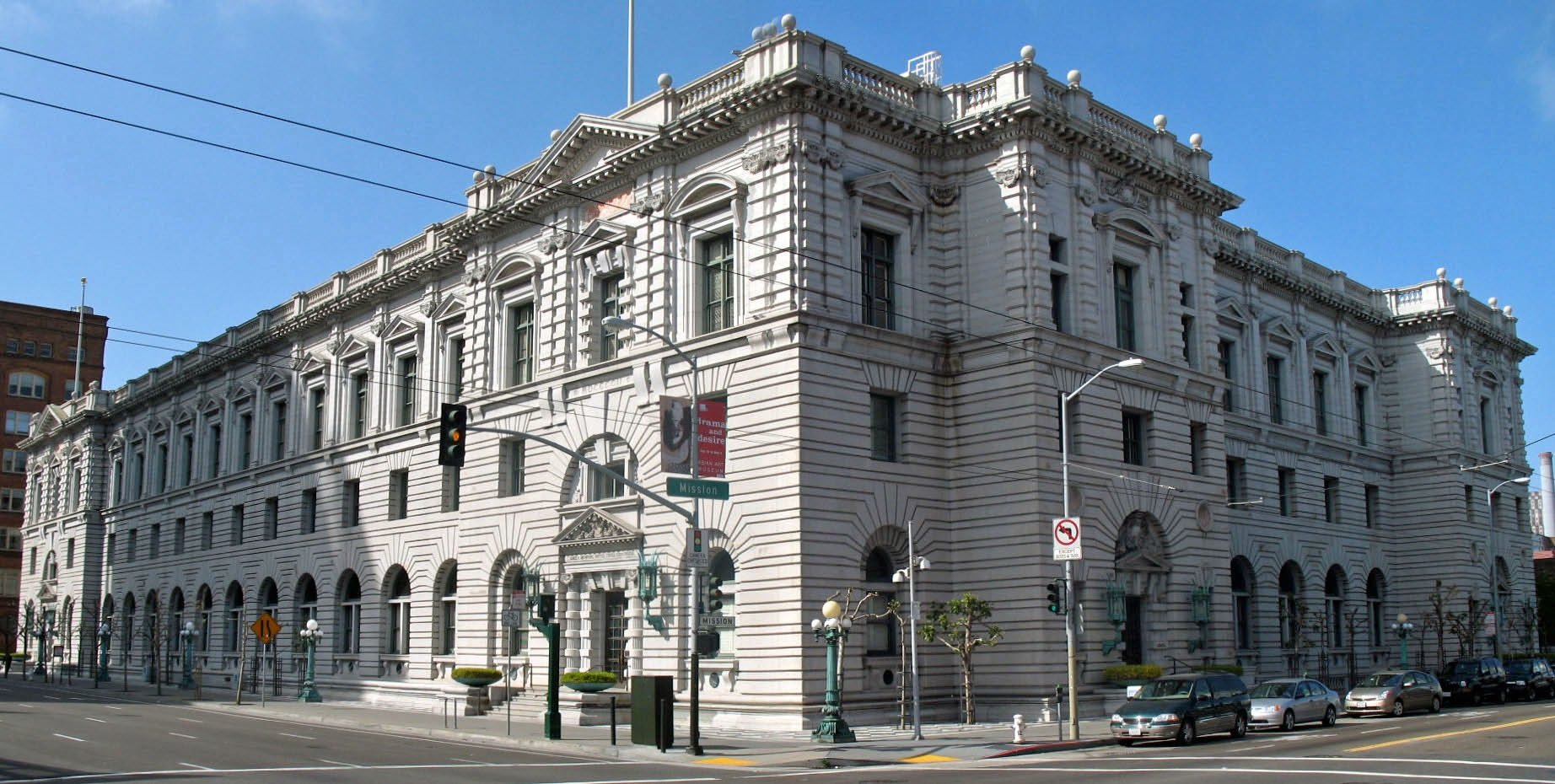(CN) — The fight between business groups and California officials over mandatory arbitration clauses in employment contracts deepened Wednesday after a divided Ninth Circuit panel lifted a ban on a new pro-worker law.
A federal judge enjoined the state from enforcing Assembly Bill 51 last year, agreeing with the Chamber of Commerce and other employers that it was pre-empted by the Federal Arbitration Act. The decision was hailed by the coalition of business groups who accused California lawmakers of trying to weaken the common tool used to keep employment disputes out of the courts.
The contentious bill signed in 2019 by Governor Gavin Newsom bars employers from requiring applicants to waive their right to sue under state labor laws as a condition of employment. Going a step further, the bill sponsored by the California Labor Federation and Consumer Attorneys of California opened employers up to civil and criminal penalties for extreme violations.
But in a 2-1 decision Wednesday, the Ninth Circuit panel ruled the state can require all employment arbitration agreements be consensual and reversed the preliminary injunction. It found AB 51 doesn’t discriminate against arbitration agreements or nix their enforcement.
“In light of Congress’ clear purpose to ensure the validity and enforcement of consensual arbitration agreements according to their terms, it is difficult to see how [AB 51], which in no way affects the validity and enforceability of such agreements, could stand as an obstacle to the FAA,” U.S. Circuit Judge Carlos Lucero, a Bill Clinton appointee sitting by designation from the 10th Circuit, wrote for the majority.
Fellow Clinton appointee U.S. Circuit Judge William Fletcher joined Lucero's opinion.
Though a clear defeat for the business groups, the panel did find the new civil and criminal penalties are pre-empted by the Federal Arbitration Act and can’t be enforced. With the injunction lifted, the panel remanded the case to the Eastern District of California.
The state has won the latest round of the legal fight, but it’s far from settled as the chamber signaled it could appeal.
“The majority decision is clearly wrong, violates U.S. Supreme Court precedent and runs contrary to decisions of many other courts,” said Daryl Joseffer, chief counsel for the chamber, in an email. “The U.S. Chamber will pursue further review of this flawed decision.”
Approved by state Democrats in a series of mostly party-line votes, proponents claimed AB 51 was crafted to comply with federal law and meant to protect workers in industries like food service, hospitality and retail that are increasingly being forced to sign away their rights to sue in exchange for being hired. In addition, supporters said it carries the added benefit of bringing more sexual harassment and other ugly employment disputes into the open.
“When both parties choose arbitration freely, it can be a highly effective tool. But it doesn’t work when corporations say you won’t be hired unless you sign away your rights,” said the bill’s author Assemblywoman Lorena Gonzalez in 2019. “This law will protect workers when employers allow discrimination, permit sexual harassment or engage in wage theft.”
But the opponents quickly cast the bill as anti-business. They accused lawmakers of covering for employment lawyers and warned it would increase businesses’ operating costs by forcing them to spend more money and time on legal disputes.
California lawmakers passed similar bills in 2015 and 2018, but then-Governor Jerry Brown said they “plainly” violated federal laws and vetoed them.
California Attorney General Rob Bonta, who’s named in the lawsuit along with other state officials, said his office is reviewing the decision but is pleased with the court's decision. And the bill’s supporters wasted no time in celebrating.
“Today’s opinion from the Ninth Circuit court confirms what we’ve known all along: that forced arbitration is a violation of workers’ rights,” the Consumer Attorneys of California said in a statement.
In a blunt 19-page dissent, U.S. Circuit Judge Sandra Ikuta accused the majority of supporting the state’s “attempt to evade” federal law and of ignoring caselaw.
“Like a classic clown bop bag, no matter how many times California is smacked down for violating the Federal Arbitration Act, the state bounces back with even more creative methods to sidestep the FAA,” the George W. Bush appointee wrote. “Because AB 51 is a blatant attack on arbitration agreements, contrary to both the FAA and longstanding Supreme Court precedent, I dissent.”
Ikuta highlighted the previously vetoed bills and an admission by the lawyers for the California State Senate Judiciary Committee that AB 51 would face intense scrutiny and likely end up in the U.S. Supreme Court. She proceeded to blast the bill as a “legislative gimmick” and said the majority’s decision creates a split with two sister circuits.
Subscribe to Closing Arguments
Sign up for new weekly newsletter Closing Arguments to get the latest about ongoing trials, major litigation and hot cases and rulings in courthouses around the U.S. and the world.








